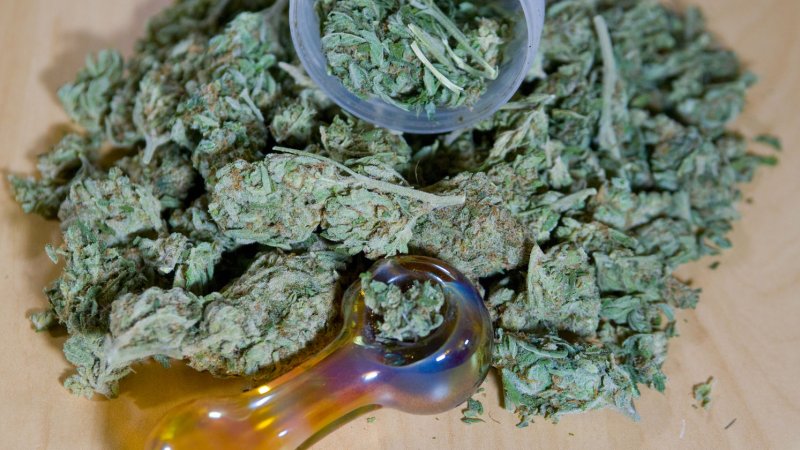WASHINGTON, April 23 (UPI) -- The U.S. Supreme Court ruled 7-2 Tuesday to narrow the circumstances under which an alien can be deported for a marijuana offense.
Under the Immigration and Naturalization Act, a non-citizen convicted of an "aggravated felony" is not only deportable, but also ineligible for "discretionary relief" -- in other words, no special consideration.















